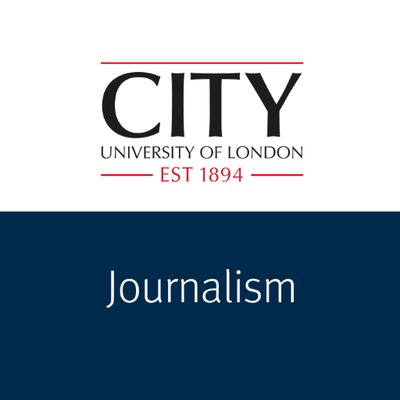While this might seem daunting, remember that a little advanced planning can help. If you know you would like to submit your application for the next intake, spend time gaining that experience beforehand — after all, this is a field you would like to work in.
A frequent misunderstanding is that postgraduate studies are only for students who have an undergraduate qualification in the same field — however, Yuen reassures us that this isn’t the case. “We have students from English literature, history, and biochemistry backgrounds. I encourage people who have backgrounds in different professions or disciplines who want to pursue journalism to apply.”
What Else Do You Need To Know?
If you were to apply to City, there’s no doubt you’d be in good hands. “Our tutors bring their own extensive experience and perspectives to these modules,” comments Chan. “Dr. Zahera Harb, for example, is an expert in reporting in the Middle East and Dr. James Rodgers was a BBC correspondent, based in Moscow, for many years.”
Shafie Agard Rodriguez, 28, moved from her home in Peru to enrol at City University. Her dream, she says, is to become a foreign correspondent or to work in production for companies such as France24, CNN, or the BBC. “Such roles often require journalists who can speak more than one language. I already speak Spanish and I am learning the skills to report in English — so this course is very beneficial for me,” she explains.







